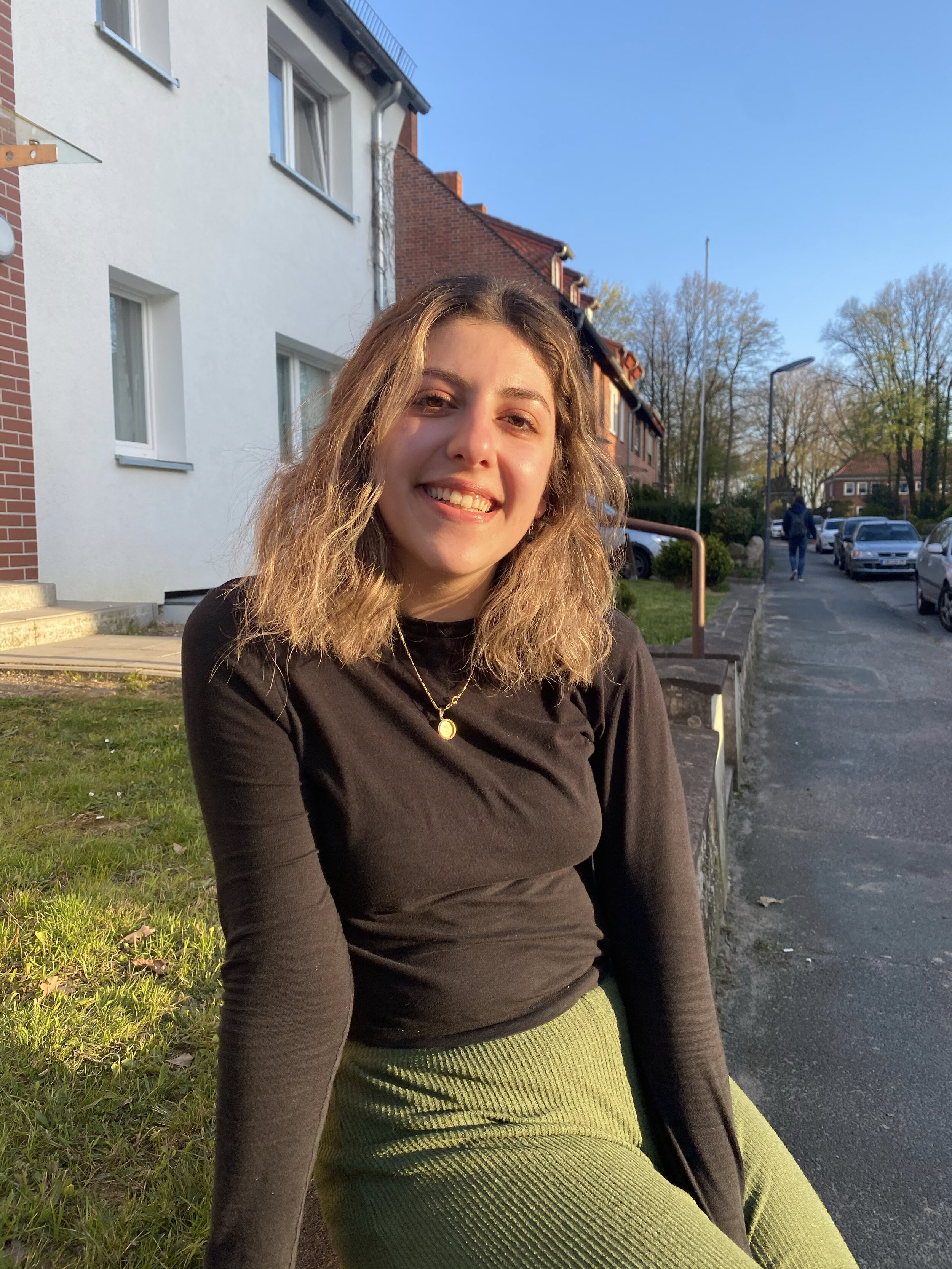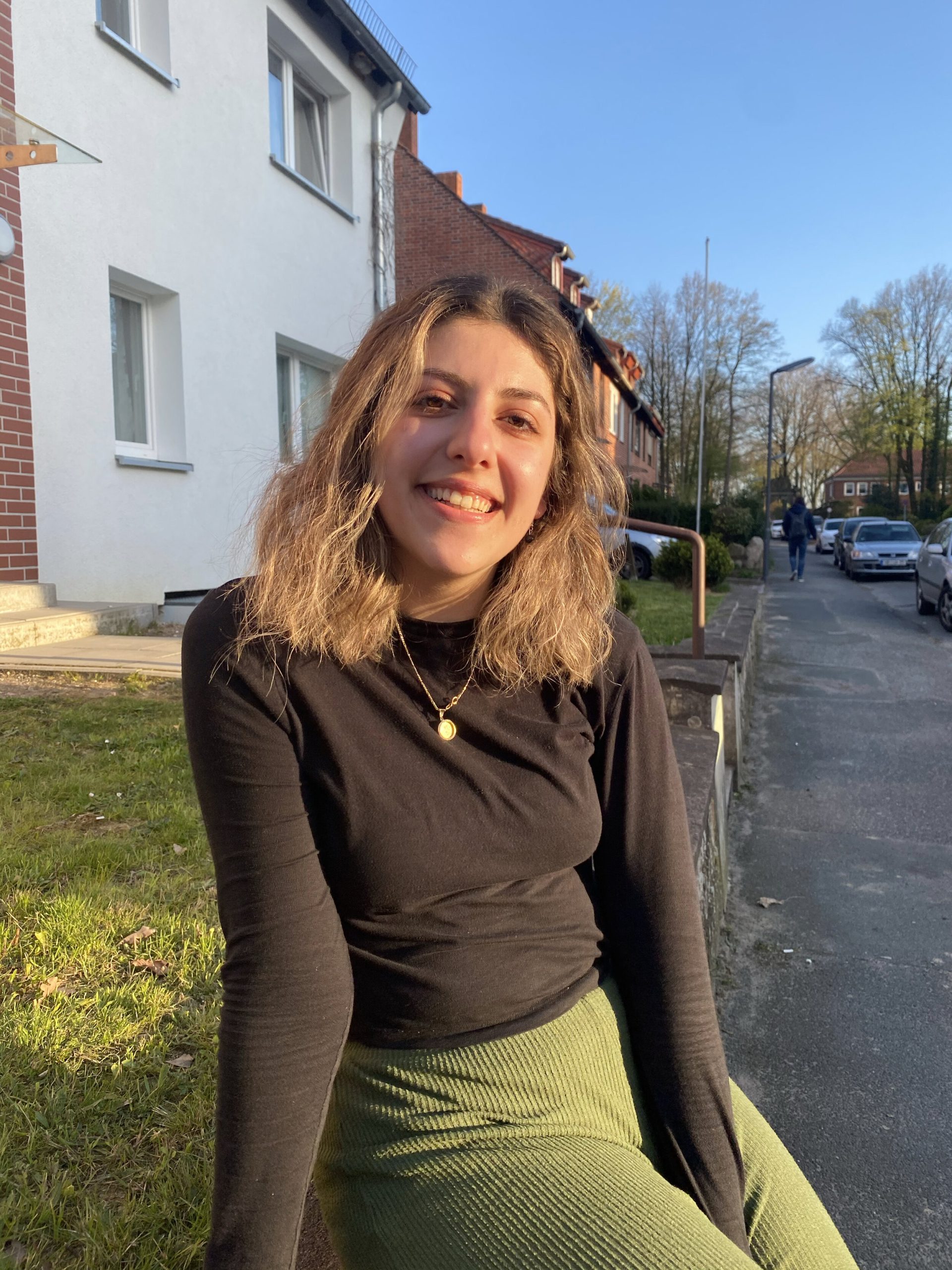
When the first star fell onto earth, it raptured into what humankind is - crawling unto its own existence until it sparked, never to be in darkness again. At the start, there were two and then there were many. There was an ocean and then there were many. There was a way and then there were many. And so a ray of light, travelling from the Heavens above until it pierced through the houses of stone and brick the man had laid down so proudly over the foundation of everything he considered his, spiralling from what it was to where it all began - Jerusalem, the city of God.
In all lives, the city has suffered: sometimes for water, sometimes for air, and sometimes for just being, but mostly it has suffered for man’s ever-growing lust for what was never his. The walls that once towered over the skylines now sit dusted, the hill that houses the great Al-Aqsa Mosque now seems enduring until the day the horns are finally blowed, and the pulpit that the conquerer Saladin had installed when he entered the gates of the old city, victorious, now ceases to be. Greater still, however, are the sufferings of those who love the land of the pure: “My uncle was shot the year I was born,” Rabab told me. “There’s not one person in Palestine who hasn’t seen a loved one persecuted, arrested, or murdered. For a Palestinian, everyday is the same: we cannot visit our friends without passing through a dozen checkpoints, we cannot travel internationally without making a stop at Jordan, and we cannot pray at the Al-Aqsa Mosque without a permit.”
She, however, recalls her childhood to be eternally grateful for. “My childhood was warm with a lots of hugs and my parents gave me infinite love,” she told me. Rabab, a second-year at Jacobs University, came to Germany to pursue her bachelors and masters in Biochemistry. She says the decision to study abroad was made early-on. “Jacobs University was the best option for me. It was comparatively more affordable and it had the biology department I liked the most. My experience in Jacobs gave me the chance to grow a lot, even though it wasn’t all rainbows and sunshine, I still would choose Jacobs.”
Rabab knows that one day she will return to her homeland, but before she does so, she wants to explore the different cultures, societies, and people that come together in Western Europe - mainly Germany. “Having lived in Palestine my whole life and being in Bremen for only about two years now, I’m still adapting. Ramallah’s January is Bremen’s April, and Ramallah’s 11pm is Bremen’s 1pm,” she said. “Germans in general are a lot more rigid and robotic than Middle Easterners. While it’s more organized and systemic here, I do sometimes miss the chaos that comes with the friendliness of people back home. I find myself being nostalgic to things that used to annoy me, like the stranger sitting next to me in the bus starting a conversation randomly after seeing my groceries during traffic, or having to drive carefully because kids are always playing street soccer.” Rabab says she doesn’t have a passion.
Talking to her, however, made me realise she has one. Freedom is never given. To be is free is to feel at home and sometimes there’s a storm waiting halfway and you’re in a sinking ship: at first, you’re complexed for how else can one perceive something that has no start and no end. Then there’s a sense of perfect calm as if the cloud - now shivering, taking apart the sail, and bigger than life itself - has finally opened. Then there’s a click, which unleashes the wrath of the seven skies and then there’s a night that never ends. In this moment, one can either jump ashore playing his hand against nature’s royal flush or one can take the sail down, intertwine the rope of faith with that of the sinking house, hold together - standing man - against the mighty cloud roaring its breath away and bid it farewell.
There’s a light at the end of the storm and Rabab’s passion is Palestine. Stand still as your house shakes and endure the long night out. Step closer to where the last one fell and lead the way for the one following. There must a dawn at the end of the line.
BY MUHAMMAD SHAHZAIB TAHIR AWAN (PAKISTAN) | CLASS OF 2022
